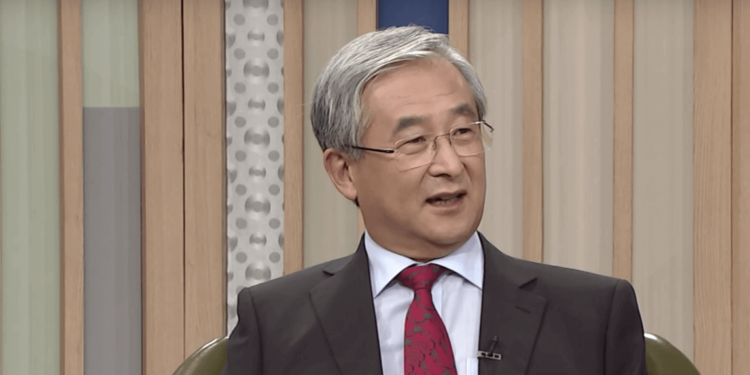By Journalists for Justice A high-level urgent appeal has gone out to authorities in the Philippines not to withdraw from the Rome Statute without first expressing their concerns to the other countries that have signed up to the treaty that created the International Criminal Court (ICC). “All States Parties have the opportunity to voice their concerns before the Assembly, and I call on the authorities of the Philippines to engage in dialogue in this regard”, said O-Gon Kwon, the President of the Assembly of States Parties (ASP). Kwon’s plea, released through the ICC’s Public Affairs Unit, comes just two days after President Rodrigo Duterte announced that the Philippines would immediately be taking steps to leave The Hague Court: “I therefore declare and forthwith give notice, as president of the republic of the Philippines, that the Philippines is withdrawing its ratification of the Rome statute effective immediately,” said Duterte on Wednesday. Article 127 of the Rome Statute sets out the process through which a State Party can withdraw its membership of the ICC. Burundi is the only country so far that has followed through with its threat to leave the ICC. Its withdrawal took effect on October 27, last year. Like the Philippines, Burundi decided to sever ties with the ICC after judges authorised the Office of the Prosecutor (OTP) to launch a preliminary examination into allegations of crimes against humanity. In the Philippines’ case, ICC judges have allowed the prosecutor to begin a preliminary examination of deaths connected to the government’s controversial drug war, which has claimed an estimated 8,000 lives. Just as was the case with Burundi, should the Philippines proceed with its threat to withdraw, Article 127 makes it clear that authorities in Manila would not be discharged of their duty to cooperate with the ICC in ongoing matters: “A State shall not be discharged, by reason of its withdrawal, from the obligations arising from this Statute while it was a Party to the Statute.” But Kwon doesn’t want things to get that far. The head of the ICC’s political organ believes the court’s strength is in its membership and he is, therefore, calling on the Philippines to pump the brakes: “I regret this development. A State Party withdrawing from the Rome Statute would negatively impact our collective efforts towards fighting impunity,” said President Kwon.
“The ICC needs the strong support of the international community to ensure its effectiveness. I encourage the Philippines to remain as a party to the Rome Statute,” he added. Kwon’s plea to authorities in Manila mirrors sentiments he expressed in an exclusive interview with Journalists for Justice (JFJ). Addressing concerns about threats made by several African countries to withdraw from the ICC, Kwon said he wanted to use his stint at the helm of the assembly to not just keep the ICC family intact but also expand it by bringing in new states parties. “As President of the Assembly, I will continue his legacy by engaging in an open and honest dialogue with the different parties and interests at stake in the African continent and beyond, to understand concerns and work together to strengthen the system. The fact remains that the Court is not an African court but a world court with a global mandate, which nonetheless does not yet have universal participation,” said Kwon. “The legitimacy of the Court also comes from increased membership and solid commitment. I will redouble my efforts as President to promote universality and work towards increasing the number of States Parties to the Rome Statute. I will put particular emphasis on reaching out to the Asia-Pacific region, which is the least represented regional group in the Rome Statute system,” he pledged.







